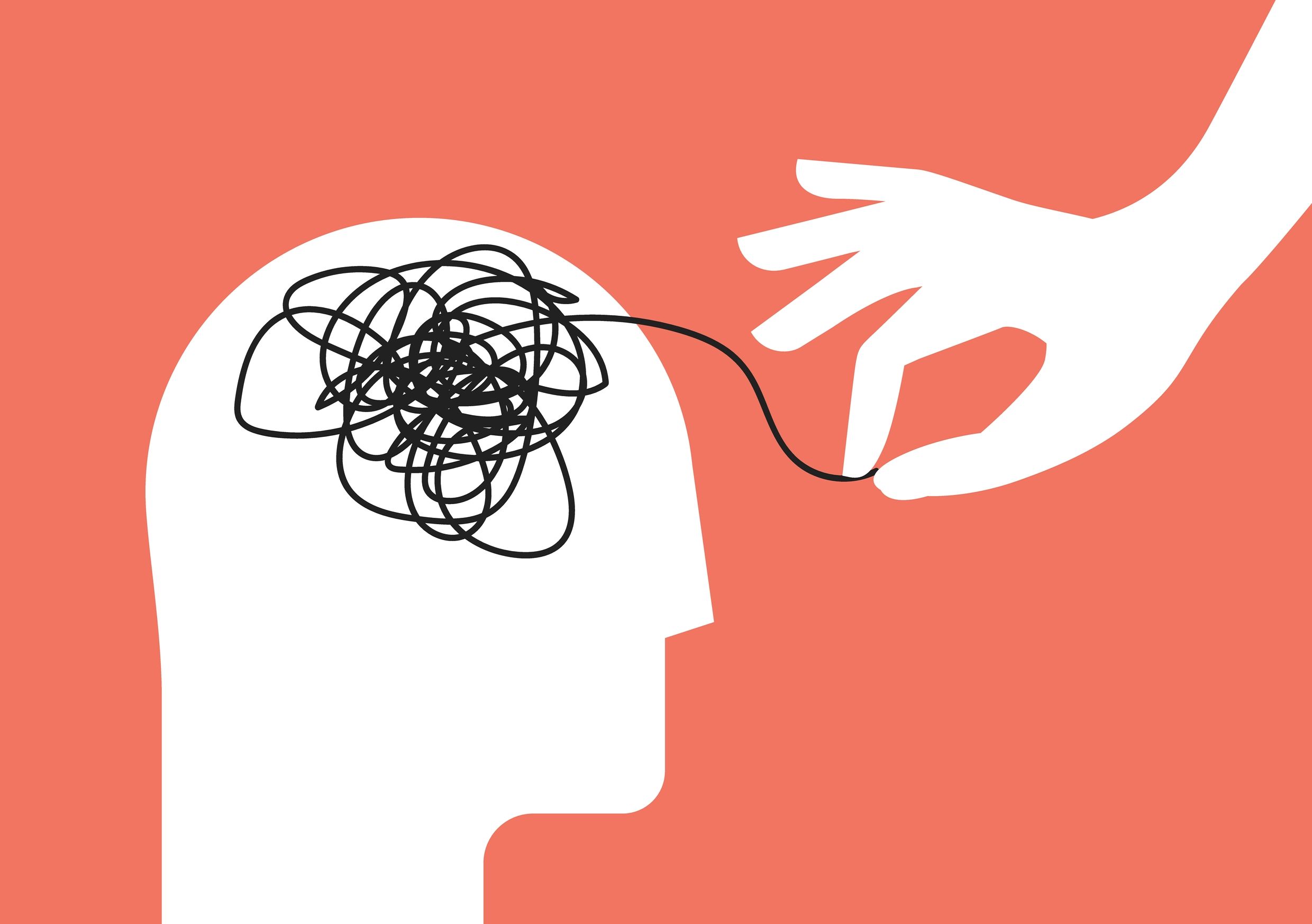Anxious Procrastination:
The What & the How of the Issue

Ever had those moments where you KNOW you had something to do, but… you just can’t bring yourself to do it?
You have all the tools, all the resources necessary- but you just can’t bring yourself to get started- telling yourself "It's no big deal, I can get this done later."
The only thing is...later never seems to arrive.
Guess what? You may be suffering from anxious procrastination!
What is Anxious Procrastination?
Anxious procrastination or anxiety-induced procrastination occurs when you put off doing a task because of how anxious you feel about actually doing it- mainly because you’re terrified of unintentionally messing up. Other reasons include a fear of failing, or of making the wrong choice.
This, however, pre-emptively sets you up for failure. This is because you become so scared of failing at what you’re supposed to do that you wind up never actually doing it- which amounts to the same as failing.
Anxious procrastination can be characterised by the following behaviours;
- Being indecisive;
- Having low or a complete lack of self-confidence;
- Being afraid to take risks;
- Constantly relying on others and not trusting your own judgement.
*NOTE: Anxious procrastination is also a common side-effect of perfectionism. While being a perfectionist can sometimes be a good thing, it often leads you to constantly demand of perfection of yourself.
This may lead to you setting yourself up to high (and often, unreasonable) standards, which may hold you back from completing your tasks. These standards, and a constant dialogue of internal self-criticism on your work, may lead to you feeling depressed and demotivated, especially if you wind up facing failure.
How Can It Be Overcome?
There are several steps you can take to overcome anxiety-induced procrastination. These include:
- Understanding what you’re experiencing. Suffering from anxious procrastination isn't the end of your studies/ career/ life as you know it. It is simply one of several types of procrastination- and once you identify what you’re experiencing, it becomes easier to identify when and how you are affected, and to chart out a plan to overcome it.
- Work on your decision-making skills. Strong decision making skills can help you avoid procrastinating when you need to get something done. This can be done by:
Understanding your problem (try writing it out in detail to give yourself a clear picture of what’s happening.)
List down alternative solutions to resolving the issue.
Analyse your options and choose the best one.
Take steps to carry out your plan and reflect on the outcome.
- Have more confidence in yourself and your skills. With greater confidence comes greater faith in your own abilities to make the right decisions, and to get your work done. Some things you can do to achieve this include;
Reflect on your achievements thus far- both big and small. This could be something as simple as your first steps/words as a baby to more complex achievements, like scoring well in your recent test.
Set realistic goals for yourself. If your goals are within your reach, they will be easier to achieve. You won’t feel too much pressure at the thought of working towards them AND you'll be able to put in consistent effort to achieving them. I.e. as a student, something achievable would be to review two chapters a week for class, and to try limiting unhealthy eating to maybe twice a week.
Find a role model. If you know someone who is always on top of their tasks, maybe consider using them as a role model! Just be sure to remember that you shouldn’t beat yourself up if you can’t emulate them 100%. Different methods work better for different people- you might not learn from their methods precisely but you will learn where you can start!





